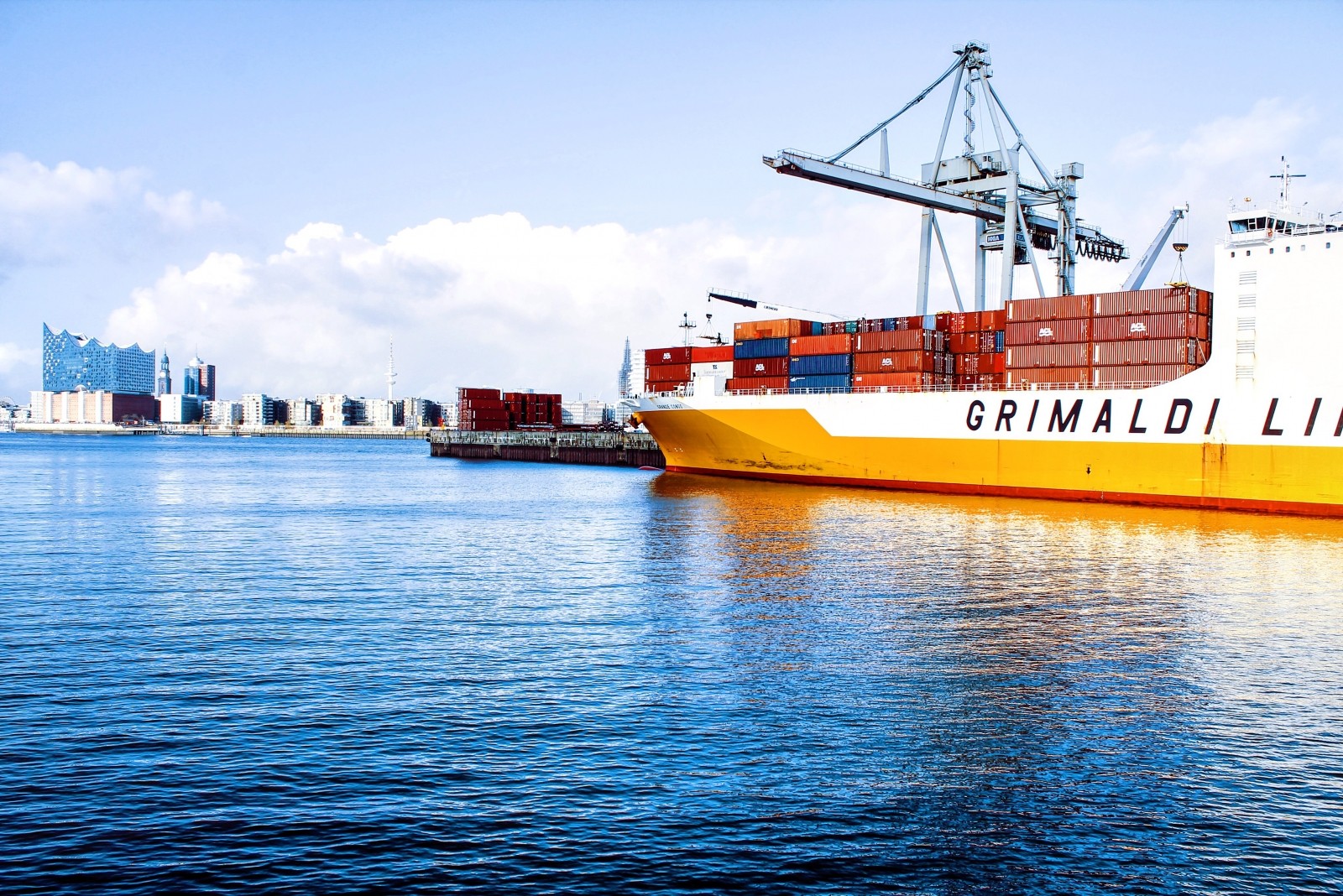Product Liability Risks And Market Globalization
Globalization of industry has resulted in materials and components often being supplied from multiple markets across the world. When something goes wrong, and claims arise, it can prove difficult to enforce your contractual rights to indemnity. What could go wrong?
Unfortunately, lots. If your client, as the manufacturer or local distributor, has not taken effective steps to ensure that its product is manufactured properly, your client could find itself facing substantial fines from regulatory authorities along with class actions that can put a serious dent in your client’s bottom line.
Insurance Clauses: Priceless Or Worthless?
Contracts provide an ideal opportunity for the efficient allocation of risk, and insurance clauses can cover much of this ground, often with no concessions from your client. This opportunity can be lost when the clause does not really fit the particular transaction, or where the coverage is not available when later required. Even a carefully drafted clause may be worthless, if the parties do not turn their minds to how it will apply to the specific circumstances and avoid some common traps, as discussed below. For a more thorough discussion, please sign up for our upcoming CBA webinar “Negotiating and Drafting Effective Risk Allocation: Integrated Liability and Insurance Clauses” (Fall 2015).
Manufacturer Fails To Set Aside Jury Decision Imposing Liability For Failure To Warn
A recent decision by the Ontario Court of Appeal, illustrates the difficulties faced by companies that try to challenge a jury’s findings. In Stillwell v. World Kitchen Inc., the plaintiff was injured when a Dutch oven he was washing broke into four large pieces, severely lacerating his wrist. The jury awarded damages of $1.1 million less 25% for the plaintiff’s contributory fault. The jury did not find that there was a manufacturing or design defect, but instead found that the defendants failed to adequately warn the plaintiffs. The warning that the product was prone to break if dropped or subjected to a hard impact was not found on the outside of the box or in the warning section of the manual, but was instead in the “Remember” section of the manual.
What Killed The Bunnies? The Importance Of Causation
A commercial rabbit farmer found out that the implied warranty of merchantability under Ontario’s Sale of Goods Act provides no protection where causation is not proven and the contractual documents provided no basis to determine the acceptable level of toxins and other contaminants in rabbit feed.
B.C. Supreme Court Finds Workmanship/Design Exclusion Does Not Exclude Costs To Remedy Damage Caused By Defective Workmanship
The British Columbia Supreme Court recently released its decision in Acciona Infrastructure Canada Inc. v. Allianz Global Risks US Insurance Company, which considered for the first time in Canada the LEG 2/96 clause, a workmanship/design exclusion clause. The Court also re-affirmed a number of insurance interpretation principles, particularly in relation to Course of Construction (COC) policies, including the definition of “damage to insured property” and whether a loss must be fortuitous in order to trigger coverage
Supplier And Manufacturer Of Copper Piping Liable For Failure To Meet City’s Watermain Sterilization Process
The Ontario Superior Court of Justice rendered a decision involving a product liability claim that considered new legislation and guidelines arising from the Walkerton water crisis. This case suggests that even if there has been no specific discussion about a product between the buyer and seller, a Court might still find that the buyer has relied on the seller regarding the suitability of a product if the seller had previously provided advice. The decision also suggests that if a supplier knows that a product will be used for an application that has to meet specific local standards, the supplier needs to make an inquiry of the manufacturer to ensure that it meets those standards.
Broad Exclusions Do Not Apply Simply Because Peril Is In Chain Of Causation
The Ontario Court of Appeal recently held that a broad contributing cause exclusion does not apply simply because an excluded peril was included in the chain of causation. In O’Byrne v. Farmers’ Mutual Insurance Co., negligence of the insured’s tenant set in motion a chain of events ultimately leading to an oil spill after a furnace broke down. The “all risks” policy included an exclusion for “loss or damage directly or indirectly caused by, resulting from, contributed to or aggravated by: …e) centrifugal force, mechanical or electrical breakdown or derangement…” The insurer argued that since the furnace broke down, the loss was due to multiple causes including “mechanical derangement” of the furnace. The Court disagreed and looked at the evidence to determine the real cause of the loss.







